2023-01-31 08:48
DSV Refurbishes 1100 Trailers, Launching Trailer Refurbishment Programme
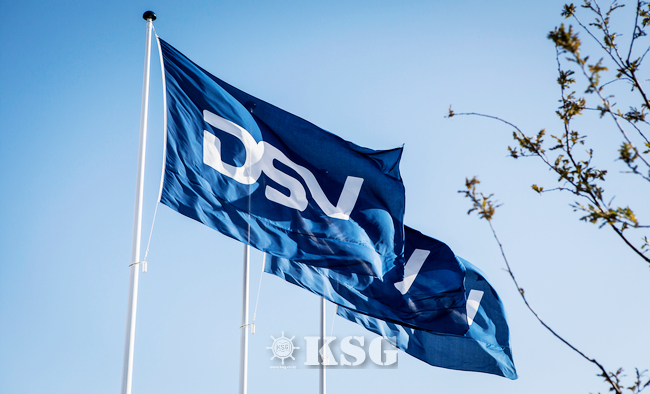
Refurbishing rather than replacing its trailers, DSV introduces an initiative to reduce its environmental footprint. In 2023, the leading transport and logistics company will double the life of 1,100 trailers, kicking off new trailer refurbishment programme.
Every year, the leading transport and logistics company DSV transports millions of tonnes of its customers' goods across the roads of Europe in thousands of trailers. In 2023, in its own workshops and in collaboration with equipment service provider TIP Group, DSV will refurbish 1,100 trailers that it will continue to use on its European lanes rather than replacing them with new ones.
Sometimes, innovation and technology are at the centre of DSV's initiatives aimed at reducing emissions. Refurbishing trailers rather than replacing them is an example of an initiative with a more pragmatic approach: "DSV has high ambitions for operating more sustainably. Realising those ambitions often involves high-level innovation and new technologies. But sometimes, we can achieve great value with solutions that are more straightforward. Refurbishing rather than replacing our trailers will enable us to save carbon while delivering services of a continued high quality to our customers," says Søren Schmidt, CEO, DSV Road.
Typically, DSV uses a trailer for approximately five years before it returns it to the leasing company or manufacturer and instead leases a new trailer. Refurbishing a trailer after the first five years, DSV expects to add another full lifecycle of five years of use to the trailer.
Based on required input resources and applying recognised emission conversion factors, TIP Group has calculated an 18.6 tonnes carbon footprint of a newly produced curtainsider. Refurbishing a trailer entails significantly lower emissions. The refurbishment of DSV's 1,100 trailers includes replacement of those parts of the trailers that are most subject to wear and tear, such as the brake discs, brake pads, airbags and side and roof curtains. Based on TIP Group's calculations, refurbishment of a used curtainsider emits an estimated 2.7 tonnes of CO2. This includes both materials, energy and heating used for the refurbishment. The difference in emissions between a new and a refurbished trailer shows emissions savings of an estimated 16 tonnes per trailer and approximately 18,000 tonnes for the total 1,100 trailers, which will be refurbished in 2023.
< Korea Shipping Gazette >
많이 본 기사
- “해양관광대국 초석 다진다” 해양레저관광협회 공식 출범CMA CGM, 美 항만운영사 설립…터미널 10곳 묶는다북극항로 민관협의회 출범 “9월 시범운항”해수부 출입 해운기자단, 해사신문 윤여상 국장에 감사패 전달KSS해운, BGN·태국석유공사와 VLGC 7척 장기계약‘부산 환적·광양 수출입’ 컨물동량 1%대 성장삼성중공업, 지난해 영업익 8622억 달성…12년來 최대정기선 HD현대 회장, 印 모디 총리 만나 합작조선소 건립 논의日 MOL, HD한국조선해양에 액화이산화탄소 운반선 2척 발주한진, ‘물류 바탕’ 전방위 ESG 경영 확산
- 인사/ 한국해양수산개발원케이조선, 5만t급 화학제품운반선 4척 수주…2900억 규모한국해양교통안전공단 이사장 공개 모집콜드체인協, 제11기 콜드체인관리사 양성과정 모집태웅로직스, 이천 풀필먼트센터 구축…이커머스 물류 진출목포해大 최부홍 신임 총장 “학생·지역·국가에 책무 다할 터”국제물류협회, 마이스터고 대상 ‘영마이스터 물류캠프’ 운영인사/ 해양수산부부산항 컨테이너 물동량 2488만TEU…최대치 경신엑소텍, 프랑스서 물류 자동화 행사 ‘엑소서밋 2026’ 개최
스케줄 많이 검색한 항구











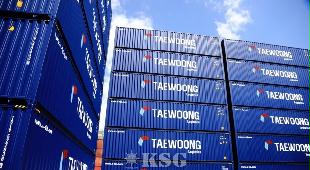

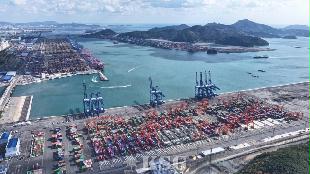

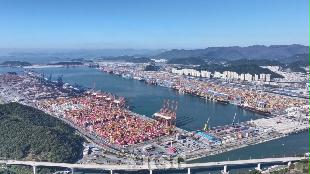
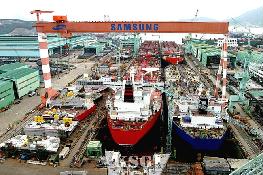
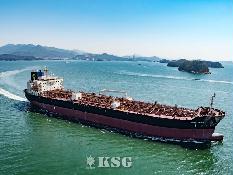

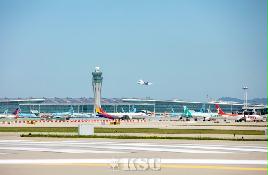



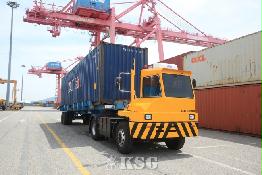





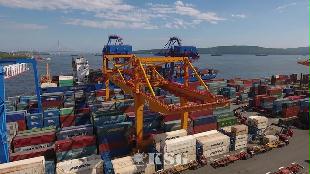
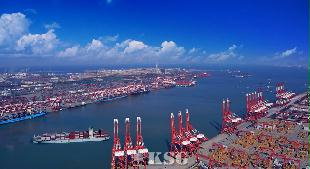
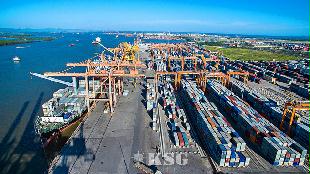
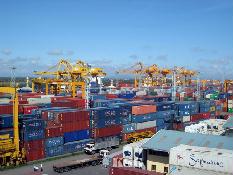





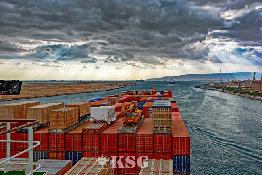
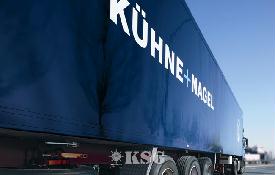

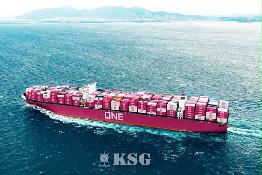






















0/250
확인